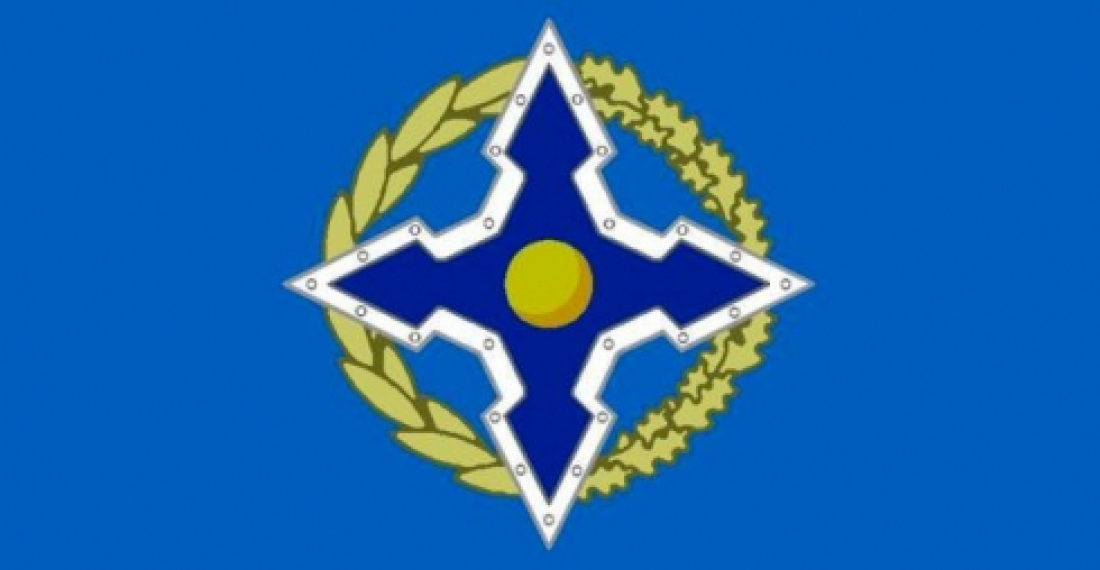Russia and Armenia have agreed on further defense cooperation, including building joint defense enterprises and maintenance centers for military equipment, Armenia’s National Security Council said on Wednesday. Russian and Armenian delegations to the Collective Security Treaty Organization (CSTO) interstate military cooperation commission met in Yerevan on Monday. The Russian News Agency RIA Novosti reports that Armenian National Security Council secretary Artur Bagdasaryan said such joint enterprises “will play a great role in developing Armenia’s defense industry.” CSTO officials meeting in Yerevan on January 29-30 discussed the possibility of building certified repair and maintenance centers for military vehicles, air defense equipment and helicopters on the Armenian territory and an assembly line for vehicles on the chassis of Russian truck maker Kamaz, according to the News Agency.
The news follows an earlier report that the Armenian Government has agreed to the establishment of a CSTO Academy be opened in Yerevan, to be co-founded by the CSTO Institute, its Yerevan branch, and the Russian Foreign Ministry’s A.M. Gorchakov Public Diplomacy Support Foundation. The project is designed, among other things, to promote “favorable public opinion about the CSTO through the efforts of scholars, political scientists, experts, and young political and public activists from the member states,” the Armenian government said in a press release last week.
Source:Commonspace.eu with RIA Novosti
photo: Logo of the Collective Security Treaty Organisation, a Russian led military alliance whose other members are Armenia, Belarus, Kazakhstan, Kyrgyzstan and Tadjikistan.






